Publications
Articles, publications, books, tools and multimedia features from the U.S. Institute of Peace provide the latest news, analysis, research findings, practitioner guides and reports, all related to the conflict zones and issues that are at the center of the Institute’s work to prevent and reduce violent conflict.
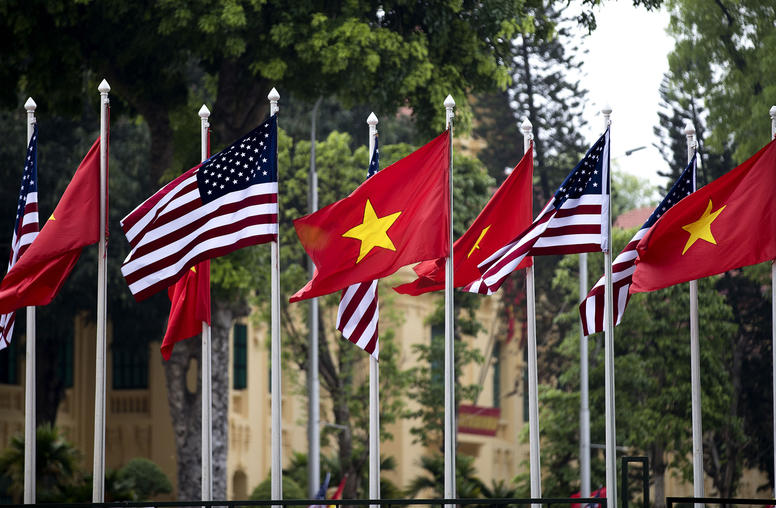
Are There Lessons from Vietnam for U.S. Reconciliation with the Taliban?
The Taliban’s rapid victory in Afghanistan evoked many comparisons to the collapse of the South Vietnamese regime and U.S. evacuation from Saigon in 1975. Ironically, during the same week in late August that the last U.S. forces were withdrawing from Kabul, U.S. Vice President Kamala Harris carried out a remarkably successful visit to Hanoi. U.S.-Vietnam relations have arguably never been better — a stark contrast to the scent of failure in Afghanistan.
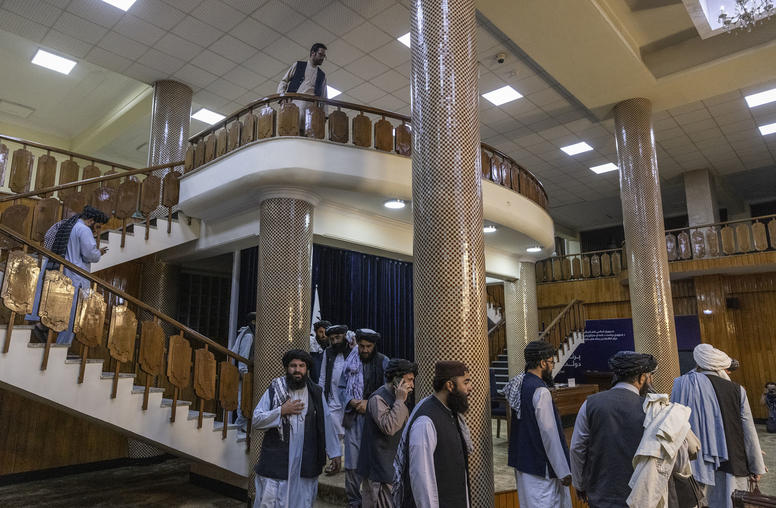
Taliban Seek Recognition, But Offer Few Concessions to International Concerns
Since taking power in August, the Taliban have repeatedly expressed the expectation that the international community will recognize their authority as the new government of Afghanistan and have taken several procedural steps to pursue recognition. But the group has done very little to demonstrate a willingness to meet the conditions put forward by Western powers and some regional states. USIP’s Andrew Watkins, Richard Olson, Asfandyar Mir and Kate Bateman assess the latest Taliban efforts to win international recognition, the position of Pakistan and other key regional players and options for U.S. policy to shape Taliban behavior and the engagement decisions of other international partners.
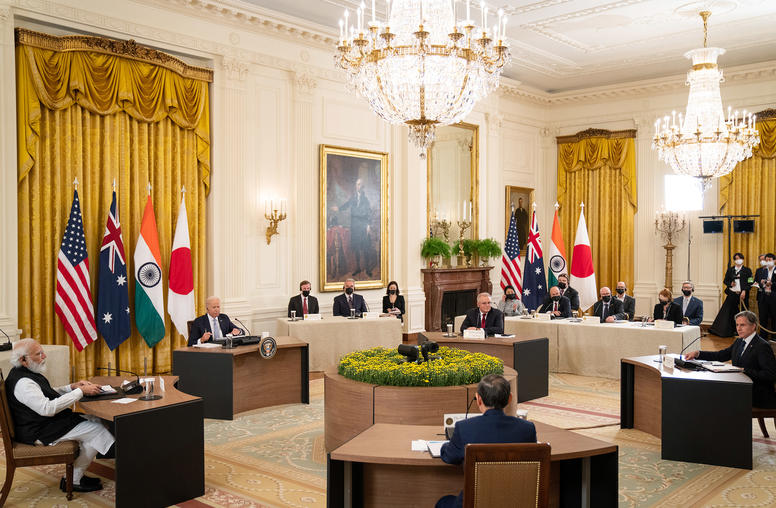
What the Quad Leaders’ Summit Means for the Indo-Pacific Amid Rising Tensions with China
On September 24, President Biden hosted Australian Prime Minister Scott Morrison, Indian Prime Minister Narendra Modi and Japanese Prime Minister Yoshihide Suga at the White House for the first-ever in-person Quad Leaders’ Summit. The event marked a milestone for the group, which started as an ad hoc coordination mechanism for humanitarian assistance and disaster relief after the 2004 Indian Ocean tsunami. The four leaders unveiled a slate of new initiatives on a range of pressing global issues — from climate change and COVID-19 to technology, infrastructure and education — as well as formalized plans to meet annually.
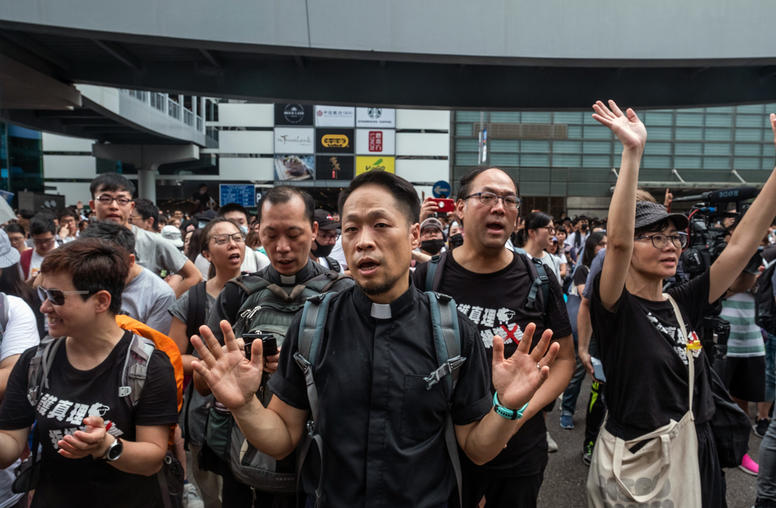
New Evidence: How Religion Aids Peaceful Change
The pullback in 2021 of international military operations in Afghanistan, Iraq and Africa’s Sahel region not only shows the limits of such foreign interventions. It forces policymakers to more urgently examine other ways to support the sustainable social changes that can stabilize violence-stricken nations. New USIP research sharpens an insight about one powerful method to achieve such changes—nonviolent, citizens’ movements that improve governance and justice. Effectively, the research shows, religion helps more often than we may think. Of more than 180 nonviolent campaigns for major political change since World War II, a majority have involved religion in some way.
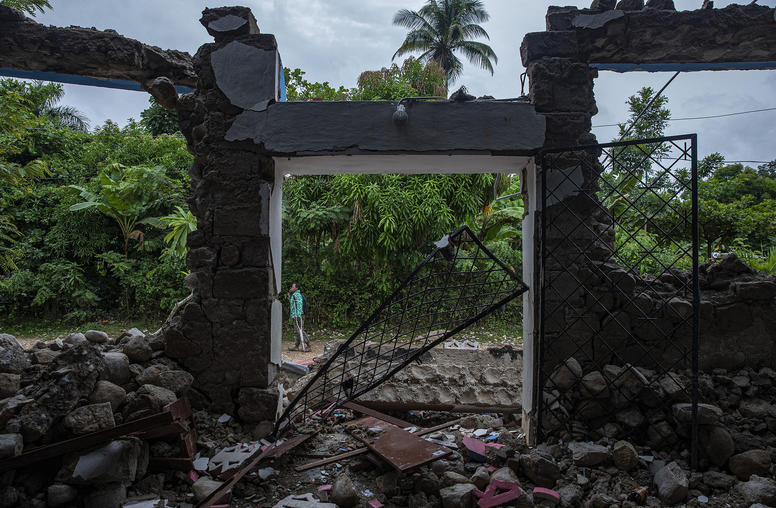
A Plan for Haiti’s Growing Fragility: U.N. Action That’s Equal to the Challenge
When throngs of Haitian migrants rushed the U.S. border recently, it was only the latest manifestation of a society battered by trauma. In just the previous two months, Haiti had seen the murky assassination of its president, devastating floods and an earthquake that killed thousands and wiped out nearly 140,000 homes. As fragile states go, Haiti is in a league all its own. To avoid a repetition of the scene at the border — or one that’s worse throughout the hemisphere — it is time to consider a long-term, robust U.N. mission that matches the scale of the challenge with the size and persistence of the international response.
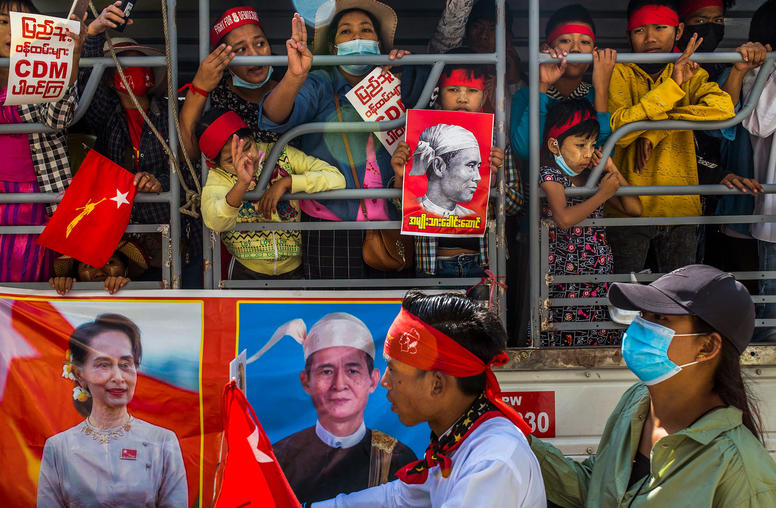
China and Myanmar’s Ousted Leaders: Mixed Signals, Cold Interests
Over the past two months, China has sought to resuscitate its relations with Myanmar’s National League for Democracy (NLD), the deposed party of Aung San Suu Kyi. Many analysts speculate the move reflects eroding confidence on Beijing’s part in the military junta’s staying power. But does it?
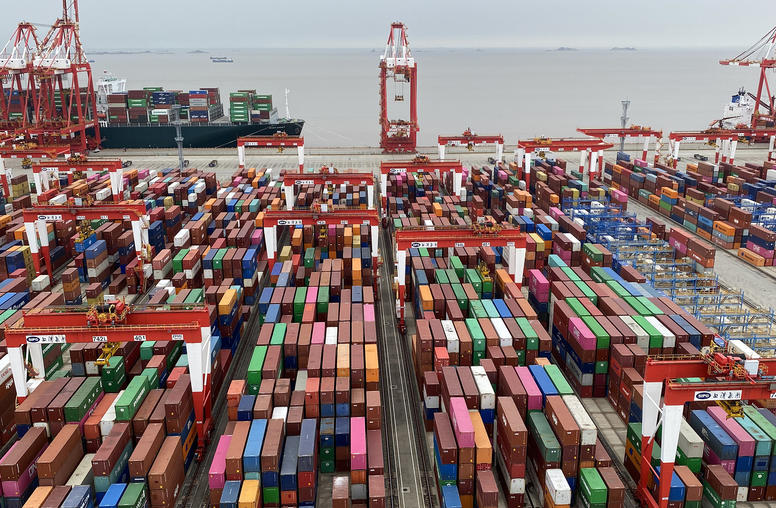
How Will China’s Bid to Join a Trans-Pacific Trade Pact Affect Regional Stability?
On September 16, China applied to join the Comprehensive and Progressive Agreement for Trans-Pacific Partnership (CPTPP). USIP’s Carla Freeman says China’s membership in the CPTPP will only increase Beijing’s relative regional influence and prompt more calls for the Biden administration to also join the pact.
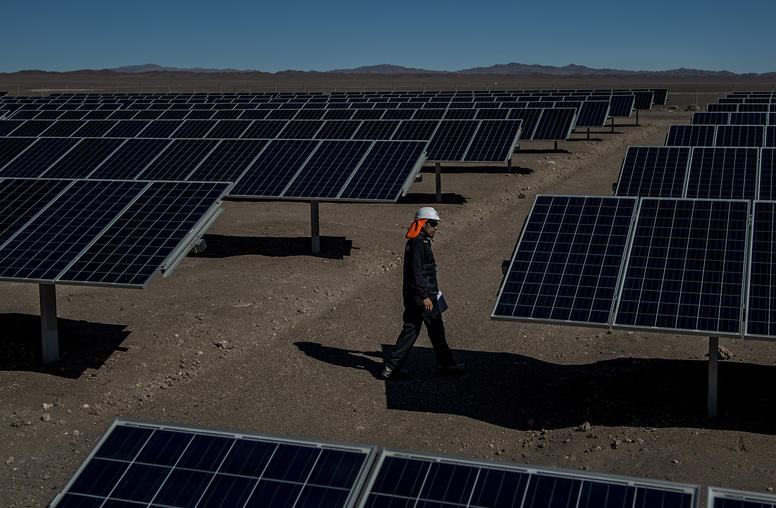
Navigating Land Rights in the Transition to Green Energy
With the global energy sector responsible for two-thirds of carbon dioxide emissions, renewable energy has enormous potential to mitigate the impacts of the climate crisis while simultaneously addressing energy poverty in developing states worldwide. However, clean energy development is far from smooth sailing, as renewable energy infrastructure requires ten times more land than the fossil fuel equivalent to generate the same power.
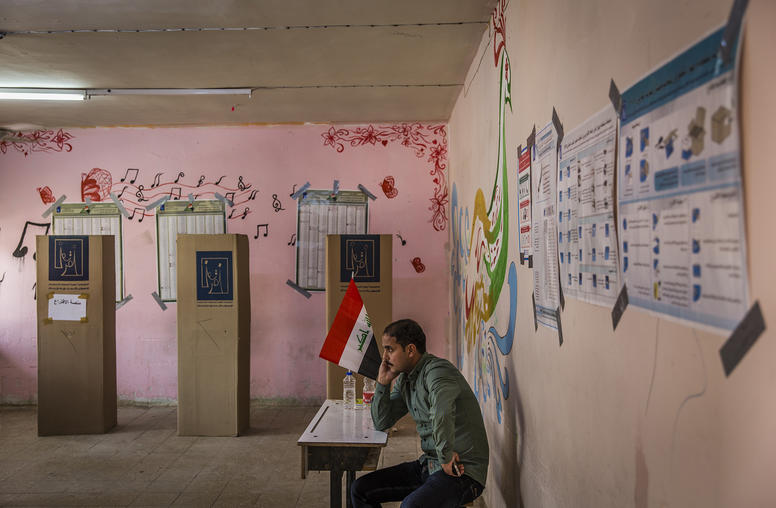
Can Iraq’s Parliamentary Elections Bring Change?
On October 10, Iraq will hold national parliamentary elections, the fifth national elections since Iraq adopted its 2005 constitution. And despite waning expectations about what these elections might accomplish, they remain an important avenue for pursuing change through peaceful means.
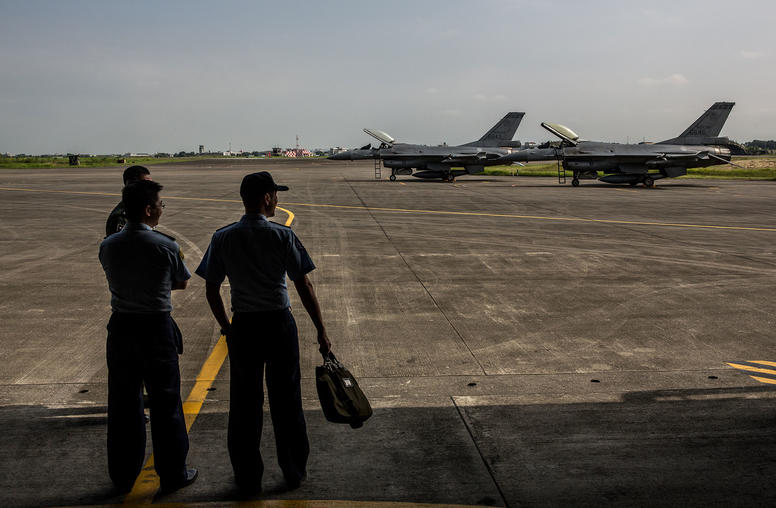
What’s Next for U.S.-China Relations Amid Rising Tensions Over Taiwan
U.S. National Security Advisor Jake Sullivan and Chinese Communist Party Politburo member Yang Jiechi held a six-hour meeting in Zurich on October 6 in an attempt to manage “intense competition” between their two countries. The meeting took place against a backdrop of growing Chinese incursions of Taiwan’s air defense identification zone and a decision by the Biden administration not to remove Trump-era tariffs on Chinese goods until Beijing keeps its trade commitments.